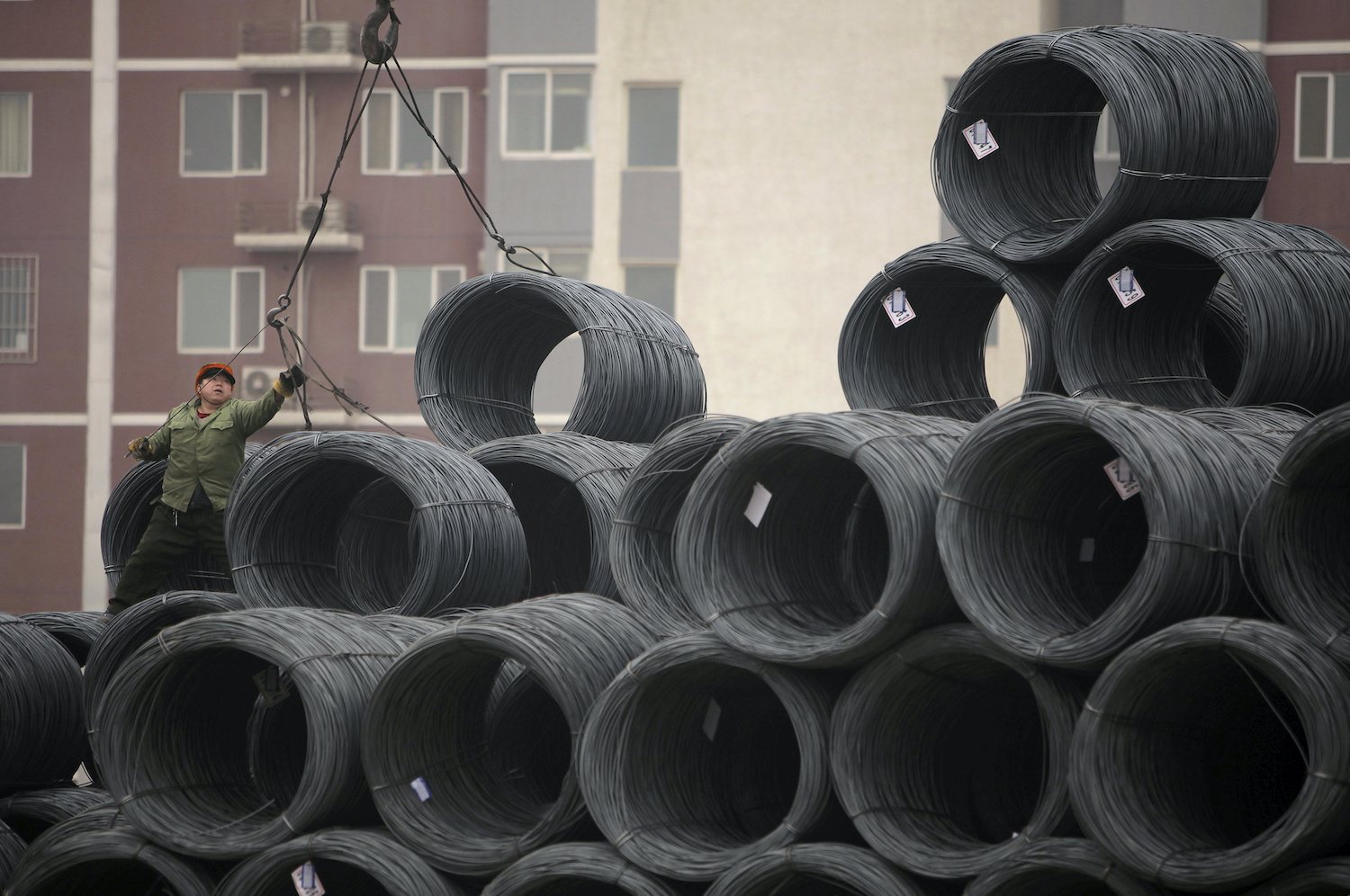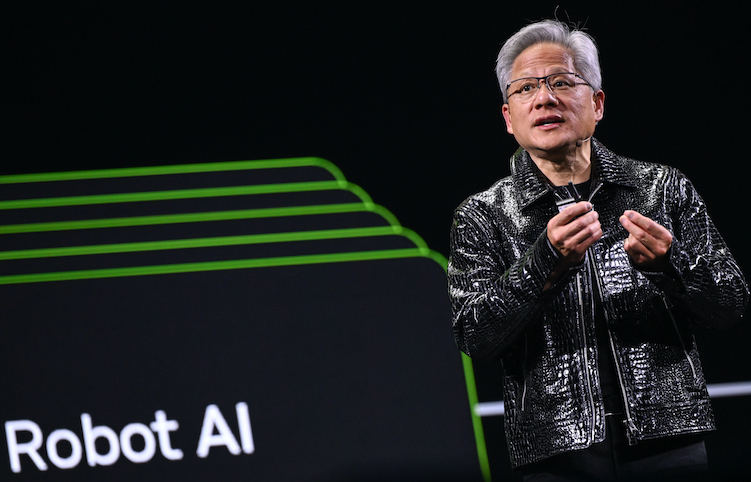Beijing has revealed its producer inflation hit a 12-year high last month as soaring commodity prices and fiscal stimulus supercharged its manufacturing bounceback
Chinese policymakers have pledged to take measures to cool commodity prices after factory gate prices rose at their fastest pace since 2009.
The surge in prices has sparked global inflation fears at a time when policymakers are trying to revitalise Covid-hit growth.
Investors are increasingly worried pandemic-driven stimulus measures could supercharge inflation and force central banks to tighten policy, potentially curbing the recovery.
Read more: China factory gate prices rise at fastest pace in 13 years
China’s state planner said on Wednesday it will step up its monitoring of commodity prices and its commodity market supervision to ‘maintain order in the market’.
China’s producer price index (PPI) increased 9.0%, the National Bureau of Statistics (NBS) said on Wednesday, as prices bounced back from last year’s pandemic lows.
The PPI rise in May – the fastest on-year gain for any month since September 2008 – was driven by significant price increases in crude oil, iron ore and non-ferrous metals, the NBS said. Analysts had expected the PPI to rise 8.5% after a 6.8% increase in April.
“The worry is PPI may hover at an elevated level for an extended period of time, which would create economic headaches if mid or downstream firms fail to absorb higher costs,” said Nie Wen, chief economist at Hwabao Trust.
CONSUMER PRICES
Consumer prices rose 1.3% in May – the biggest year-on-year increase in eight months – but came in below expectations for a 1.6% gain. Consumer inflation remained well below the government’s official target of around 3%.
But there are some signs Chinese factories, facing already tight margins, are passing on higher raw material costs to overseas clients, which could reinforce the global inflation loop.
The release comes as US inflation data on Thursday is being closely watched by investors, who worry another high reading might put pressure on the Federal Reserve to start thinking about tapering its stimulus.
Chinese coal and resource shares rose after the NBS’s producer price inflation data, driving the broader stock market higher while the Asia Financial China Electric Vehicle Index (AFCEV) is moving off three-month high on concern rising prices for materials used to make batteries will push up the price of EVs.
ELECTRICITY DEMAND
On a monthly basis, the PPI rose 1.6%, up from a 0.9% uptick in April.
Power plants also stocked up on thermal coal to meet surging electricity demand during summer, resulting in a 10.6% month-on-month increase in prices in the coal mining and washing sector, up from 2.8% the previous month, said Dong Lijuan, senior statistician at the NBS.
Prices for commodities including coal, steel, iron ore and copper, which affect the PPI, have surged this year, fuelled by post-lockdown recoveries in demand and ample global liquidity.
China’s imports in value terms grew at their fastest pace in 10 years in May, boosted by Chinese purchases of raw materials.
- Reporting by Reuters
Also on AF:
China’s imports boom sees fastest growth in a decade
Covid’s resurgence dampens China’s services sector growth
























